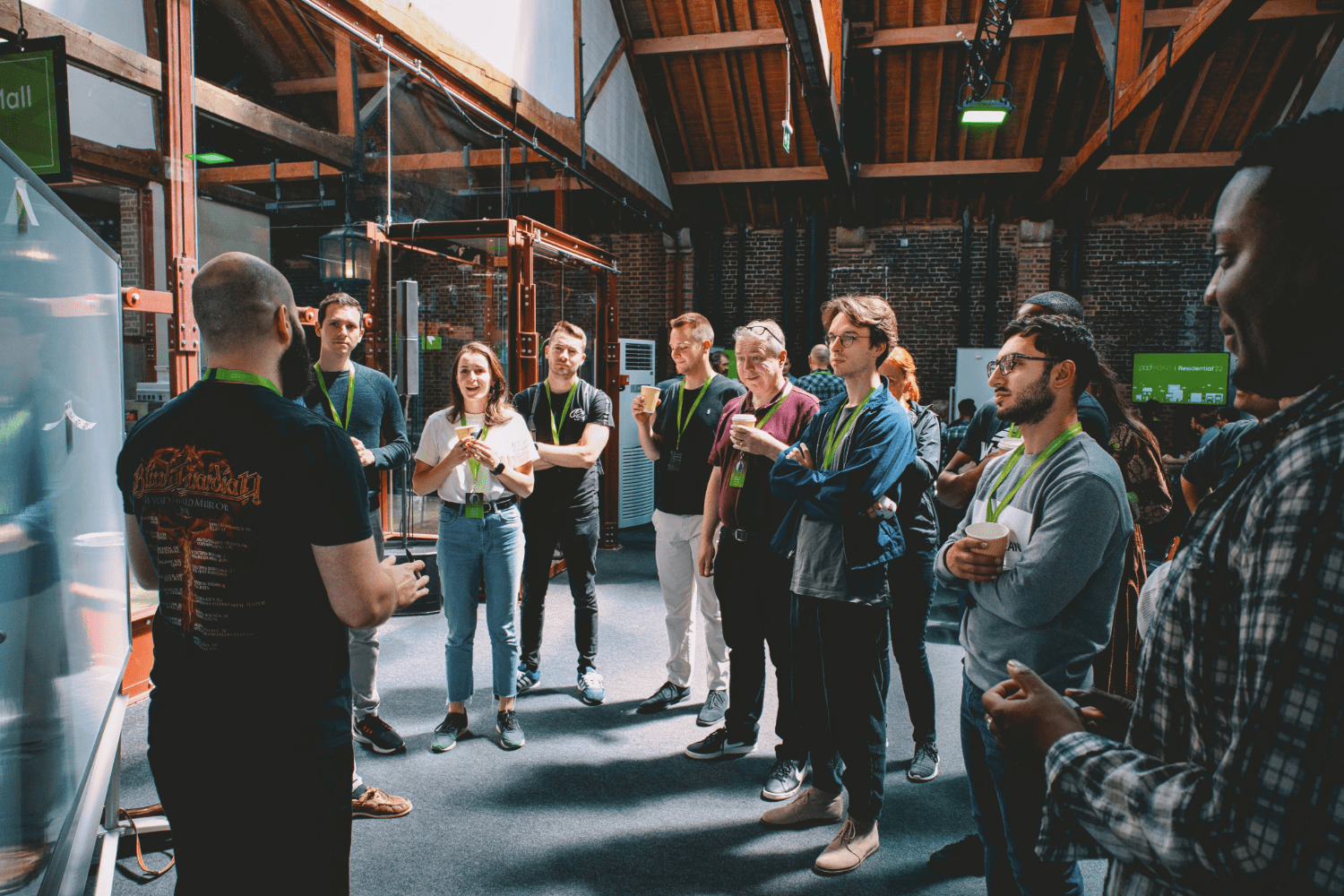 Back to News Room
Back to News Room
News

Maximising Impact: Key Data to Capture for Event Optimisation
Events are an essential part of any marketing strategy. But just like other marketing efforts, businesses need to know with certainty that their strategies are having the desired impact on their target audience, and their wider business goals. In this blog, we’ll be exploring how brands can harness the latest tech and AI tools to track the right data, and how to untangle raw analytics into clear action points that bring innovation to event marketing strategies.
Capturing the right data
The mistake that brands often make is trying to measure lots of different data points, without considering how having this insight will contribute to their wider event goals. Not all metrics are relevant for every event, and by focusing on the right metrics, brands can continuously refine their branded events for maximum innovation and impact.
Innovation driven event planning starts with understanding the specific goals for each event, and mapping out the different data points you’ll need to measure in order to know if this has been achieved or not. With this clarified, you can then begin to plan which key metrics you need to capture throughout your event lifecycle, assigning the right event tech and AI tools to do so.
Key event metrics to measure
Depending on your wider event goals, you may wish to measure the following data points:
Attendee participation
Get insights how engaged your attendees were with your content, and how much they interacted with your experience by measuring:
- Engagement with event content - Use AI-powered tools to track attendees’ facial expressions in real time to record the sentiment towards different stages of your attendee experience.
- Q&A and live polling response - Use insights from your engagement and gamification tools to understand the peak areas of your event content.
Sponsor value and ROI
Understand the value that your event sponsors unlocked from supporting your event, and use these insights to tailor your future sponsor packages. Record data points such as:
- Sponsor interaction - Track physical footfall or virtual traffic to understand how your sponsor’s content impacted your attendee experience.
- Social media tracking - Understand the reach of your sponsor branded content.
Lead generation and brand awareness
See how your event strategy has impacted on your sales pipeline, and your relationship with your audience, by tracking key metrics such as:
- Lead quality scores - Use a CRM system or a lead capture tool to understand the strength of your leads and where they originated from.
- Social listening tools - Get up to date analytics on how the online conversation around your brand has changed following your event.
Analysing and implementing your data
Once you’ve collected all your relevant data points, the most challenging part of refining your insight-led event planning is translating your data into concrete statements about your brand and your audience. Especially if you’ve collected data across different platforms, the first thing to do is to collate it all into one place, and use AI tools to unearth analytics into the trends that have emerged throughout your event lifecycle. With these top-level insights clarified, you then need to action these and update your event marketing strategy. Understand areas for improvement, set new goals for the next iteration of your event, and adjust your event strategy accordingly.
Ready to bring a data-centric approach to your event marketing
Get in touch to discuss how the First Event team can support as your event partner, bringing insight-backed expertise to refine your event strategy and elevate your attendee experience.




